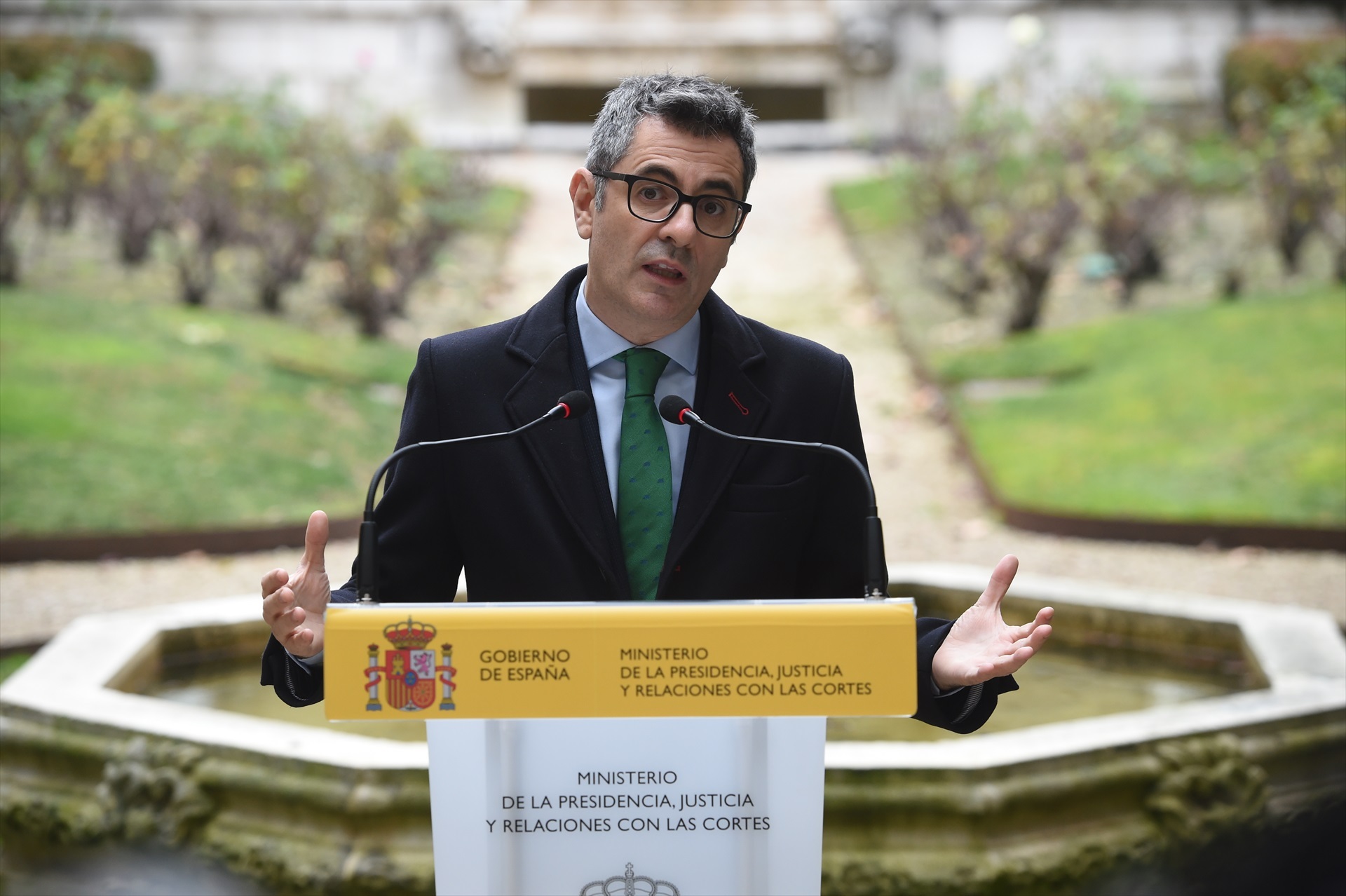The Spanish government is pouring cold water on the possibility of an amendment that will ensure that the Tsunami Democràtic protest platform and the Committees for the Defence of the Republic (CDR) activist groups will be guaranteed coverage under the future amnesty law, now passing through parliament. The two pro-independence parties Catalan Republican Left (ERC) and Together for Catalonia (Junts) have proposed, in separately-registered amendments to the amnesty bill, the elimination of the point that excludes from amnesty coverage those convicted after all appeals for terrorism crimes, a modification of which the governing Socialists (PSOE) have always been suspicious. It is a modification that the pro-independence parties argue is necessary to avoid the manoeuvres of National Audience judge Manuel García-Castellón - who has been tireless in his efforts to find a connection between the Tsunami protests and anything that could be made to fit a definition of terrorist-related offences. As some have argued: since the whole of the Catalan independence process was not even remotely related to terrorist activities, why should the amnesty law even mention them? Despite this, the Spanish minister for the presidency and justice, Félix Bolaños, insists that the PSOE is “highly convinced” that “serious crimes have to be exempted from the amnesty, as they already are in the draft bill.”
🟡 What's included in Spain's amnesty law: from independence process leaders to protest actions
🟡 Spanish prosecutors maintain classification of Catalan independence movement as "terrorist"
Bolaños underscored that the amendments which the PSOE has agreed with several parties - ERC, Sumar, Bildu and the BNG - are “all technical” and serve to “reinforce a bill that is already solid and impeccable from the legal point of view, and absolutely in accordance with the Constitution.” He has made it clear that “these are the amendments that the PSOE supports” and added that, “on this basis and with these principles”, they will continue to discuss such changes during the parliamentary process. Likewise, he recognized that “with other groups that did not sign these amendments” - a reference to Junts - a lot of work was also done and progress was made.
Asked about the new report from the Congressional lawyers on the amnesty, which now raises questions whether it is constitutional and asserts that the Constitution should be reformed to pass it into law, Bolaños did not want to get too involved. “There are different reports, by criminal lawyers, constitutional professors, also congressional lawyers and all of them are respectable,” said Bolaños, adding that the new legal submission will be analyzed by his government. The minister noted that a few days ago there was another report from the legal staff in Spain's lower house that did not identify “any doubt about the constitutionality” of the amnesty and that in March 2018 they had also prepared another, in which they also concluded that an amnesty was “absolutely constitutional.” “We respect all reports, we work on them, analyze them and study them and legal opinions are free,” he stressed. The advice of the congressional legal service is not binding.
“Totally normal” Junts-PSOE meeting
In relation to today's meeting between Junts general secretary Jordi Turull and the Socialists' organizational secretary, Santos Cerdán, the minister Félix Bolaños commented that it was a "completely normal" meeting between two political parties and celebrated that now "normalized relations are maintained as they should always have been and were not". The minister pointed out that "not many years ago, Junts acted outside the Constitution and democratic institutions and now, with dialogue, with work and with difficulties", agreements are reached between Junts and the Socialists "for the benefit of the people."

